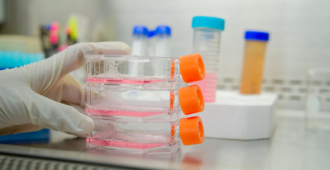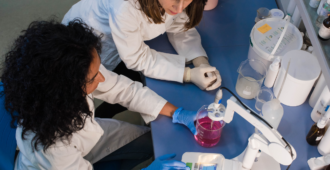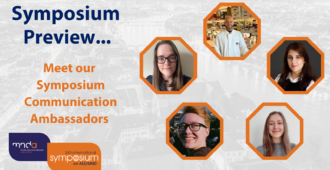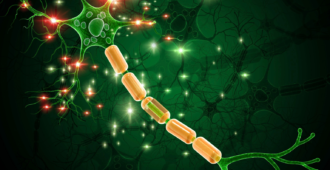Sadie’s recent post on the emerging partnership between Peakdale Molecular and the Sheffield Institute for Translational Neuroscience prompted me to say a little about last month’s Drug Discovery Workshop, held in Washington DC and organised our friends at the ALS Association.
I was fortunate to be invited along to this workshop, which brought together over 100 representatives from industry, academia, drug regulators and government and charitable funding agencies, to share their findings and discuss the future directions and opportunities for MND drug discovery. ‘Hothouse’ meetings like these are vital in giving those working in academic labs an important insight into the complexities of turning new knowledge of disease processes into ‘druggable’ compounds.
Those from industry get to see the new theories that are coming out of the academic labs, while the funders can start to identify where targeted early-stage support may help to encourage industry to follow up with the larger-scale investment needed to take ideas from bench to bedside At a time when some of the biggest drug companies are pulling back from working in neurodegeneration, the mood at the meeting might have been muted, but delegates were positively upbeat. One cause for optimism is that some companies, such as Biogen Idec, have seized the opportunity to fill the gap and increase their investment in this area.
Moreover, universities around the world have benefitted from an influx of new staff with extensive expertise in drug discovery, strengthening one of their historical areas of weaknesses. Universities are generally very good at unpicking the complex biological processes that occur in health and disease, but very poor at turning this knowledge into treatments. Another reason for the optimistic mood at the meeting was the clutch of new gene discoveries that occurred last year, in particular the identification of the chromosome 9 form of MND which promises to open up many of new secrets of the disease. Researchers have collectively now found about two-thirds of all the causes of familial MND. As we identify more causes, generate better models and home in on the common cellular changes that drive the disease, the opportunities for drug development are going to increase.
Meetings such as this help focus attention on the major challenges – but also the exciting opportunities – that lie ahead.





